Music and Medicine: Why Do So Many Medical People Play The Piano?
Â
Playing piano isn’t just good for the soul. It’s good for the mind too. Playing piano has many applications in daily life, including work/career. Many medical professionals such as doctors agree, despite few scientific studies on the matter, that playing piano can help anyone in their career work, including medical technicians of all kinds.
The benefits to playing piano are universal. They apply to just about any type of career. Specifically though, medical workers can reap a number of benefits from regularly tickling the ivories. Some of these include:
1. Increase in mental acuity. It’s a fact that piano playing stimulates both sides of the brain. Not many activities do this. The left brain is responsible for logic, ration, objectivity and smart decision-making. The right brain is more holistic, random, creative and intuitive. All of these are critically important skills for doctors. They must daily make rational decisions based on science and education. Medical technicians are also frequently forced to rely on intuition when it comes to diagnosing complicated and less common disorders. Playing piano sharpens both of those abilities.
2. Improved coordination. Studies have shown that pianists generally have better physical coordination than non-players. This is particularly true when it comes to activities that require use of the hands and reliance upon fine motor skills. Doctors must daily use their hands in medical practice. Some, like internists, anesthesiologists and surgeons rely heavily on the ability to use their hands effectively. Practicing the piano can keep the hands in top shape. That’s likely good news for patients going in for surgery.
3. Strengthens the hands. It’s already been noted how important a doctor’s hands are. Playing piano not only improves coordination; it helps build the muscles in the hands too. Fingers remain nimble, resulting in a steady hand holding that scalpel or laser.
4. Keeps hearing sharp. Pianists tend to have a more acute sense of hearing than non-musicians. Doctors rely on their hearing to listen to patients describe symptoms. They also need sharp ears for hearing heartbeats and listening to diagnostic equipment. A doctor who plays the piano won’t miss even the smallest heart murmur.
5. Encourages and aids relaxation. Who doesn’t need to wind down after a hard day’s work? Doctors often work long hours and late nights. The medical profession can be highly stressful. Doctors cannot afford to make stress and fatigue-related mistakes. Mistakes can cost patients their lives and health and wreak havoc on a physician’s insurability. Playing piano has long been proven as an extremely effective relaxation aid. It can slow the pulse, soothe the heart and calm blood pressure. Relaxation can be further enhanced by playing music in particular sequences (i.e., starting with lively fast-paced songs and winding down to slow, lilting melodic tunes). Remember, during physical exercise it takes about 20 to 30 minutes to achieve optimum heart benefits. Playing the piano is similar: it takes about 20 minutes of playing the piano per day to achieve optimum benefits of relaxation.
Some of the best amateur pianists are doctors. Dr. Henri Delbeau, a New York internist and professor of medicine, is one of those. Delbeau is an avid pianist. He has won a number of prestigious amateur piano competitions, including the Boston International Piano Competition for Exceptional Amateurs. He has been the featured guest pianist with a number of symphony orchestras.
Patients like those of Dr. Delbeau may have a little extra assurance of professional care when their doctors are also pianists. Playing piano can be said to benefit both doctors and those they cares for.


